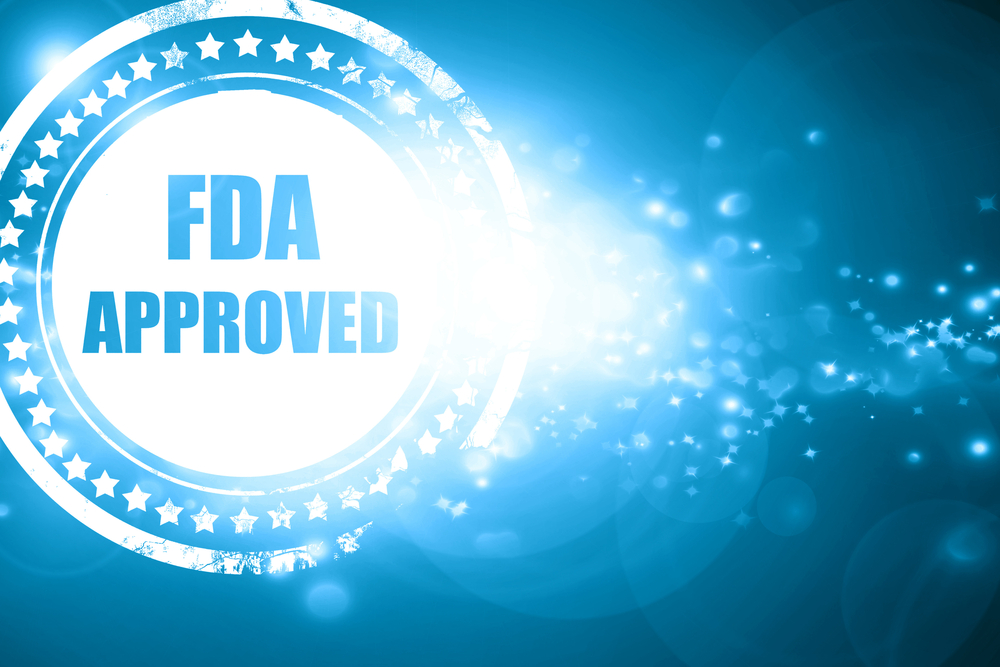
The U.S. Food and Drug Administration (FDA) approved Rituxan Hycela for subcutaneous injection.
According to the company, this new treatment includes the same monoclonal antibody as intravenous rituximab (Rituxan) in combination with hyaluronidase human, an enzyme that helps to deliver rituximab under the skin.
The new formulation can be administered in five to seven minutes via injection versus 90 minutes or longer with intravenous infusion.
The FDA approval is for the treatment of adults with three blood cancers: previously untreated or relapsed or refractory follicular lymphoma, previously untreated diffuse large B-cell lymphoma, and previously treated chronic lymphocytic leukemia (CLL).
“With today’s approval of Rituxan Hycela, people with three of the most common blood cancers now have a new treatment option which provides efficacy comparable with intravenous Rituxan and can be delivered under the skin in minutes instead of hours through IV infusion,” said Sandra Horning, M.D., chief medical officer and head of Global Product Development in a statement.
“People who benefit from Rituxan may receive years of repeated treatments for their blood cancer, so an option that reduces the administration time can be important,” said Horning.
Clinical studies that consisted of nearly 2,000 people have shown that subcutaneous administration of Rituxan Hycela resulted in comparable clinical efficacy outcomes compared to intravenous Rituxan.
Patients can only receive the injection after at least one full dose of intravenous Rituxan.
Studies also showed that adverse reactions were comparable to intravenous rituximab: infections, low white blood cell count (neutropenia), nausea, constipation, cough and fatigue in patients with follicular lymphoma; infections, neutropenia, hair loss, nausea and low red blood cell count in patients with diffuse large B-cell lymphoma; and infections, neutropenia, nausea, low platelet count (thrombocytopenia), fever (pyrexia), vomiting and reddening of the skin (erythema) at the injection site in patients with CLL.
Rituxan Hycela will be available to people in the United States within one to two weeks, and intravenous Rituxan will continue to be available.
Filed Under: Drug Discovery




